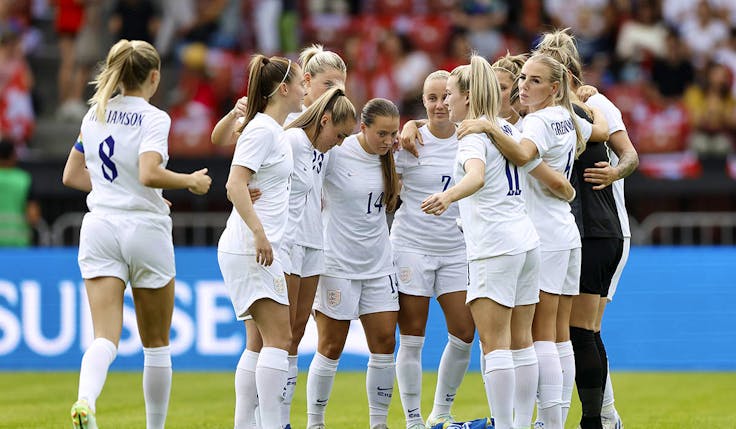Unilever’s marketers take on tougher cost control measure as brand adopts ‘zero-based budgeting’
Unilever’s marketers will now have to adopt ‘zero-based budgeting’ – meaning that they will have to justify spending on all new brand activity rather than budgets being based on the previous year’s spend – as the company expands its efficiency drive.

The move comes after Unilever reported better than expected results for 2015, with underlying sales up 4.1% for the full year – although net profits dropped 5% to €5.3bn. Unilever’s CEO Paul Polman warned of “tougher market conditions” in 2016 and said the company is braced for “high volatility”, making cost discipline vital.
Unilever is targeting full-year savings of around €1bn from 2018 by reducing overhead as well as brand and marketing investment. However, zero-based budgeting will apply across the business in order to boost operational efficiencies and comes on top of the €1bn supply chain savings Unilever has already made.
“We are further strengthening our innovation funnel while shortening innovation cycle times, stepping up our digital capabilities and rolling out a global zero based budgeting programme.”
Paul Polman, CEO, Unilever
“Our priorities continue to be volume-driven growth ahead of our markets, steady improvements in core operating margin and strong cash flow.”
Creating marketing efficiences
Unilever has been increasing its marketing spend and it was up again last year by 20 basis points. Speaking on an investor call this morning (19 January), Polman pointed out that brand investment has increased for the past seven years, leading to “brand equities getting stronger and stronger driving therefore the top line growth”.
Much of this increase has come from digital marketing, which accounted for 24% of Unilever’s spend last year. Yet despite the increase Polman said ROI is improving.
“Our return on marketing initiatives have helped bring overheads and brand and marketing efficiency down to conventional benchmark levels. But the benchmarks will continue to improve and so must we,” he commented.
The plan is not to cut marketing spend, but to make it work more efficiently. Polman said spend would remain “at high levels” with a particular focus on its prestige personal care business.
However, Unilever is now focused on getting more bang for its marketing buck by focusing on innovations, bringing new products to market faster and experimenting with new, more personal forms of communication.
“Digital marketing we will be driving to the next level by putting mobile first with an emphasis on engaging effectively with consumers wherever they are,” said Polman.
“By moving from mass marketing to individual marketing through our people data centers and by developing pioneering new models through the Unilever Foundry, like using artificial intelligence for instant and personalised conversations with consumers.”
Spreads business challenges
However, its food spreads business continues to struggle. Unilever rolled it into a separate business unit a year ago in a bid to boost its performance but sales have continued to decline as the entire market contracts in developed countries.
Unilever has also been forced to appoint a new CEO of its food business, with previous head Sean Gogarty stepping down to “pursue other opportunities”. It announced today (19 January) the division will now be led by Nicolas Liabeuf, formerly Unilever’s SVP of marketing operations.







